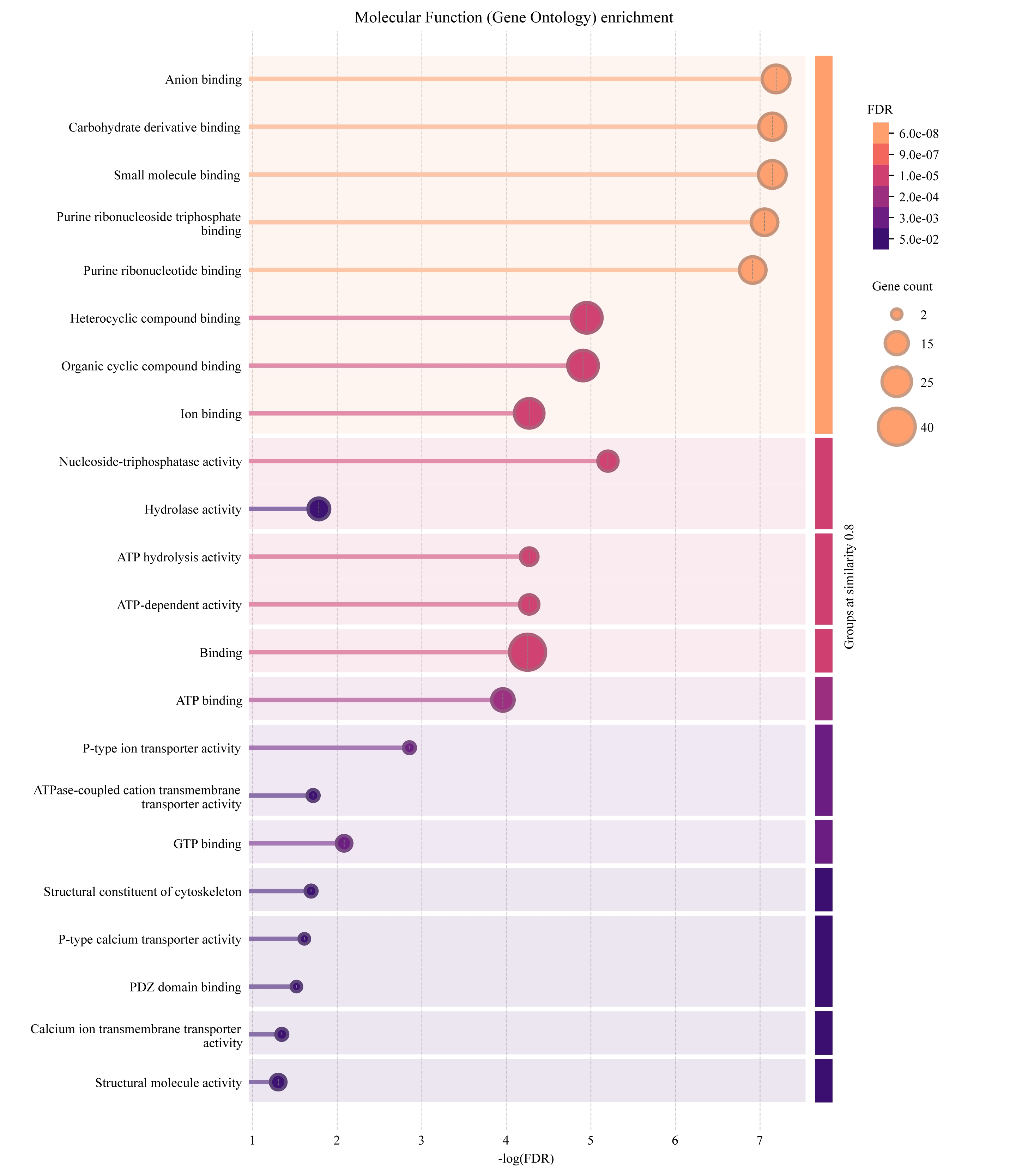
Recently, SHVRI of CAAS discovered that excretory-secretory products derived from Schistosoma japonicum eggs play an important role in regulating the expression profiles of hepatic stellate cells. The related research findings were published in Frontiers in Cellular and Infection Microbiology.
Schistosome eggs can accumulate in the host liver over time, leading to fibrotic lesions. However, the mechanisms by which egg secretions enter hepatic stellate cells and influence their expression profiles remain unclear. In this study, researchers used a cell chamber model combined with membrane proteomic analysis, identifying 88 parasite-derived proteins present on hepatic stellate cell membranes after co-incubation with eggs. Transcriptome analysis further revealed that upregulated differentially expressed genes were mainly enriched in pathways related to inflammation and liver fibrosis. These results indicate that schistosome eggs can remotely regulate hepatic stellate cell activation through the release of bioactive substances. The findings provide a theoretical basis for developing new therapeutic targets for liver fibrosis.

Bioinformatics Analysis of 88 Schistosome Proteins
Dong Bowen, a doctoral student of SHVRI, is the first author of this paper, and Researcher Jin Yamei is the corresponding author. This study was supported by the Shanghai Sailing Program and the Science and Technology Innovation Project of the Chinese Academy of Agricultural Sciences.
Original article link: https://www.frontiersin.org/journals/cellular-and-infection-microbiology/articles/10.3389/fcimb.2025.1674880/full

